Introduction: A Journey to the Past with an Eye on the Future
The 90s was a pivotal period in marketing history, where brands like Pepsi set trends that still resonate today. Pepsi’s recent campaign is a testament to how nostalgia can be effectively used in modern advertising. In a context where entertainment and sports are increasingly intertwined, Pepsi emerges as a pioneer, merging the legacy of an iconic film with American football culture. As we delve into this analysis, we will explore how this campaign not only aims to capture consumer interest but also create memorable experiences that resonate in the audience's minds.
IG: @infonegociosmiami
Key Points
Relevance and Modernity: The campaign “Make Your Gameday Epic” combines elements of 90s pop culture with a contemporary approach.
Strategic Collaborations: The partnership with artists like Megan Thee Stallion and the production of Ridley Scott are key to the narrative.
Interaction and Experiences: Digital and physical initiatives seek to actively engage the consumer.
With this strategy, Pepsi not only aims to sell a product but also to offer an experience that endures in the collective memory of its consumers. In an environment where competition is fierce and attention is limited, the ability to tell stories that resonate and connect emotionally is more crucial than ever. Pepsi's return to the 90s, fused with the modernity of the digital age, sets a new paradigm in contemporary marketing (The crossing MKT and the expansion of the amplified experience).
Watch here this epic story of Pepsi, where it constantly crosses the past, present, the Roman circus, American football, 90s music, current music, online, offline, and Pepsi with its unique brand imprint.
https://www.youtube.com/watch?v=qbhYsfLMSgU
Highlighted Tips
Collaborate with Influencers: Partnerships with recognized figures amplify reach.
Create Immersive Experiences: Offer more than a product; generate a participatory environment.
This is possible if it returns to strategy with strategic marketing planners, culture teams with both soft and hard talents, promotional logistics, or a return to the so-called concept of Ronald Reagan + Mark Zuckerberg (The 90s + the crossing on-off).
The Return to Marketing Strategy (of real and not ephemeral value).
“Almost 20 years after Pepsi’s ‘Roman Empire’ conquered pop culture, the brand returns to the forefront with a colossal Gladiator-themed campaign titled ‘Make Your Gameday Epic,’” explains Pepsi’s Chief Brand Marketing Officer, Jenny Danzi. This phrase encapsulates the essence of the campaign: a return to roots that evokes memories and emotions. Nostalgia is not only an emotional resource but a powerful marketing tool that, when used correctly, can create a strong bond with the consumer. Pepsi’s strategy is based on recognizing that shared memories can be a bridge to new experiences. This campaign is designed not only to attract those who lived through the 90s but also to new generations seeking authenticity and connection.
Impactful Collaborations
The collaboration with Megan Thee Stallion is a perfect example of how brands can team up with contemporary artists to revitalize their image. “I’m honored to follow in the footsteps of the legends who appeared in this Gladiator campaign 20 years ago and proud to have forged my own legacy,” says Megan. Her participation not only adds a fresh air to the campaign but also connects with a younger audience that values authenticity and creativity. Furthermore, “the unmistakable ‘boom, boom, clap’ from Queen’s epic track ‘We Will Rock You’ appears in a new rendition with new lyrics by Megan,” demonstrating how the use of iconic music can evoke feelings of nostalgia while presenting a modern twist.
The Synergy Between Film, Music, and Sports
The intersection of various forms of entertainment is a central component of the campaign. Pepsi has successfully united film, music, and sports into a cohesive experience. “Bringing to life the epic world of Gladiator II in a modern and dynamic way through this Pepsi campaign was incredibly exciting,” says Jake Scott, the campaign director. This synergy not only attracts movie fans but also captures the attention of American football enthusiasts, creating a crossover of audiences that enhances the campaign's impact. The choice of the NFL as a platform to launch this campaign is strategic. With millions of fans following each game, Pepsi's visibility multiplies. Additionally, the use of NFL superstars like Josh Allen and Travis Kelce, who become gridiron gladiators, adds a level of appeal that resonates with both sports fans and those seeking entertainment.
Integrated Experiences: Beyond Advertising (the crossing)
Pepsi's approach goes beyond simply promoting a product; it’s about creating memorable experiences for consumers to enjoy. In-store activations, featuring posters in both English and Spanish with the message “Get Ready for an Epic Game” (“Make Your GameDay Epic”), are examples of how the campaign’s message seeks to integrate into the consumer's daily life. Furthermore, the offer from Fandango for a movie ticket to “Gladiator II” is a strategy that connects the experience of watching the film with the consumption of the product. This tactic not only fosters customer loyalty but also positions Pepsi as an integral part of the consumer's entertainment experience.
Conclusions: A Renewed Empire
Pepsi's “Make Your Gameday Epic” campaign not only celebrates a legacy of decades but also sets a new standard for modern marketing. By combining nostalgia with digital innovations and strategic collaborations, Pepsi has created a narrative that resonates deeply with the Anglo-Latino audience in Miami and Latin America. “This seismic campaign captures the essence of the excitement and anticipation fans have for gameday,” says Danzi. This statement encapsulates Pepsi’s vision: to be more than just a soft drink brand, but a facilitator of memorable experiences. Looking to the future, it is evident that the combination of nostalgia, innovation, and engagement is key to success in a world where consumer attention is increasingly elusive. Pepsi’s ability to adapt to these dynamics and create content that resonates on multiple levels is a testament to its ongoing relevance in pop culture.
Frequently Asked Questions (FAQs)
What is the “Make Your Gameday Epic” campaign?
The campaign is a Pepsi initiative celebrating the release of “Gladiator II” while promoting the NFL season, combining music, film, and sports into a unique marketing experience.
- How is Megan Thee Stallion related to the campaign?
Megan Thee Stallion is one of the central figures of the campaign, bringing her musical talent and connection with young audiences, along with reinterpreting Queen's classic “We Will Rock You.”
- What types of activations are being carried out?
Pepsi is implementing both digital and physical activations, including talking cans, portrait-generating tools, and promotions at points of sale that invite consumers to actively participate.
- Why is nostalgia important in this campaign?
Nostalgia evokes positive emotions and memories, creating an emotional bond with the consumer that can enhance brand loyalty and product recall.
- Where can the campaign be seen?
-
The campaign can be seen across multiple platforms, from TV commercials to in-store activations and social media content, ensuring that Pepsi’s message reaches a wide audience.
-
Infonegocios RED: 4.5 million Anglophone Latinos reading business news daily.
-
Contacts: [email protected] or [email protected]
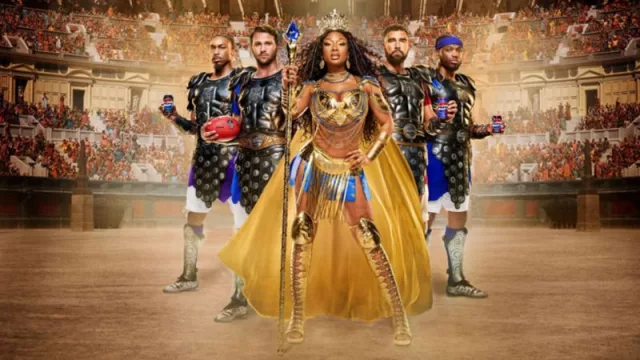



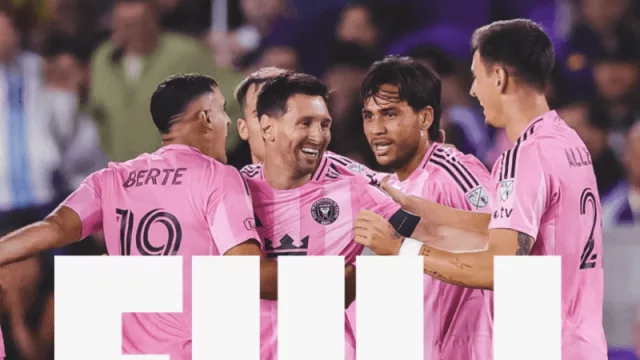
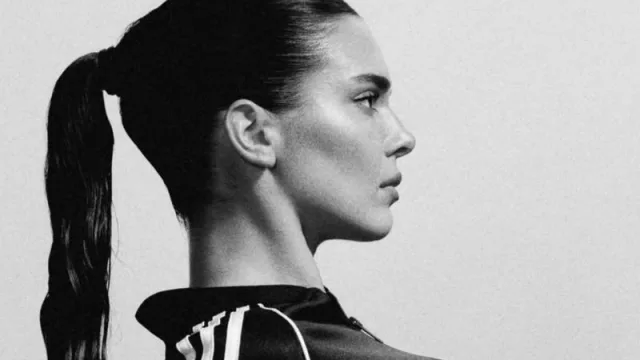
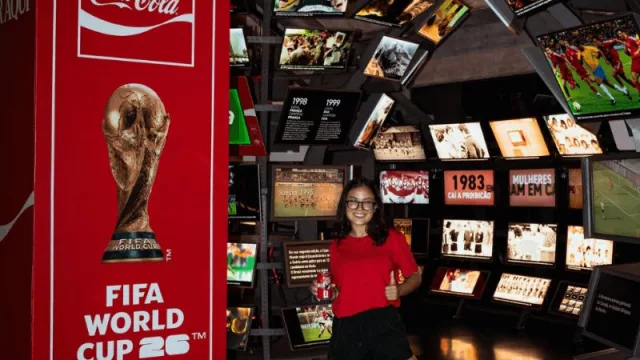


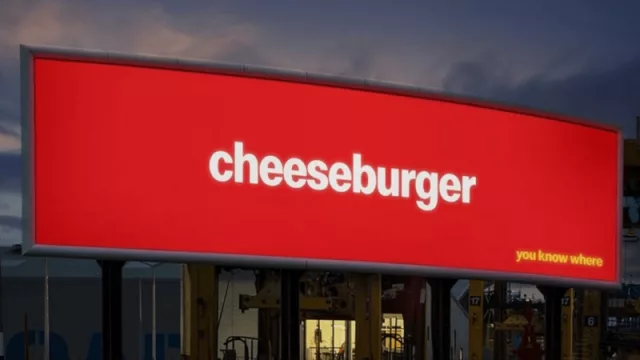
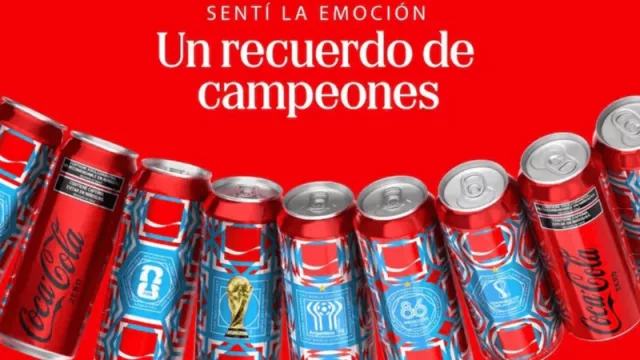

Tu opinión enriquece este artículo: